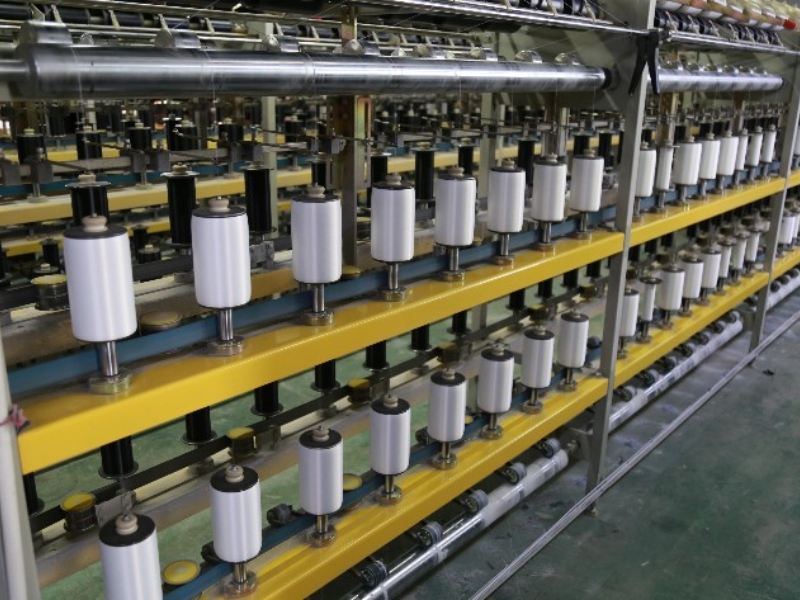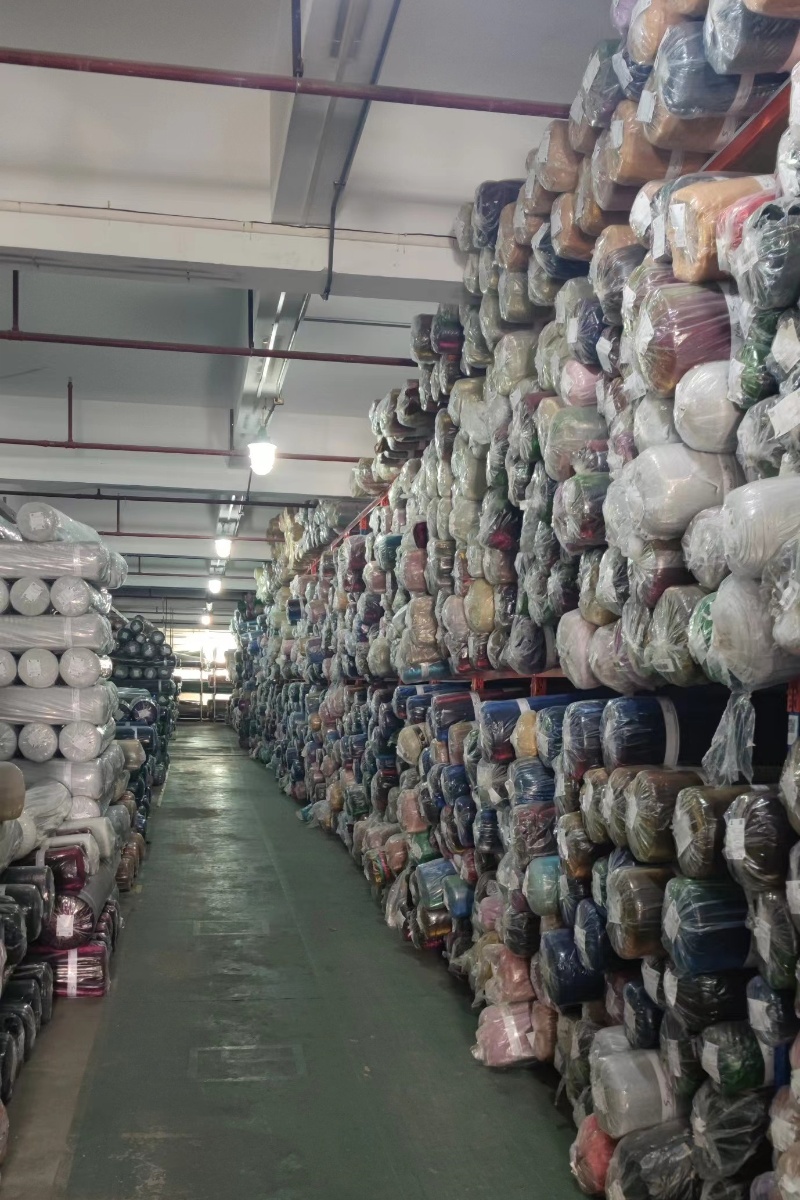When it comes to fabrics that move with your body, few can compete with Spandex—a synthetic fiber known for its incredible stretch and resilience. Also referred to as elastane or PU (polyurethane), this textile superstar has redefined what comfort means in fashion and performance wear.
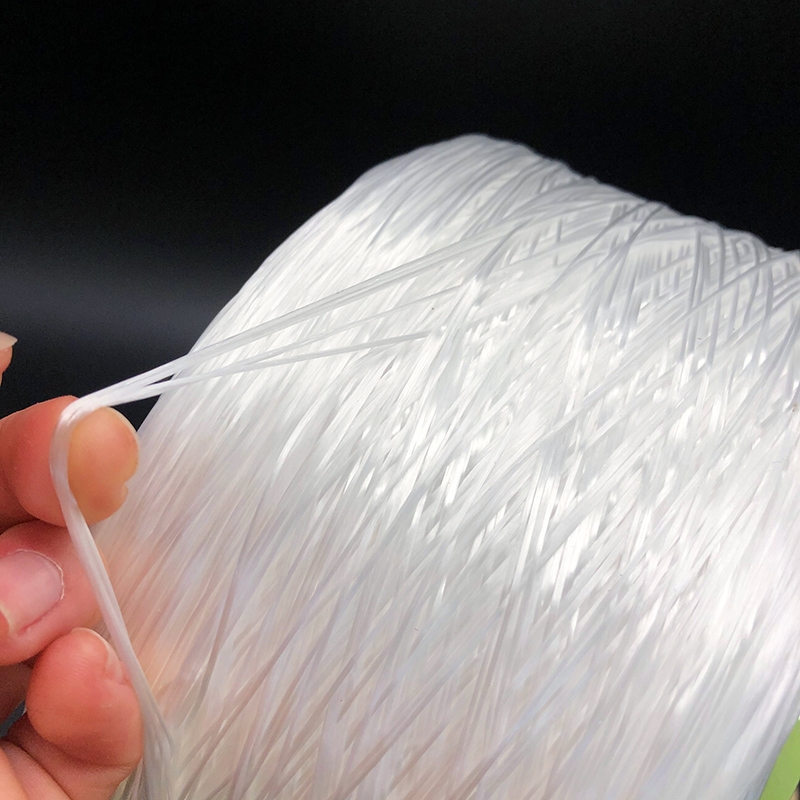
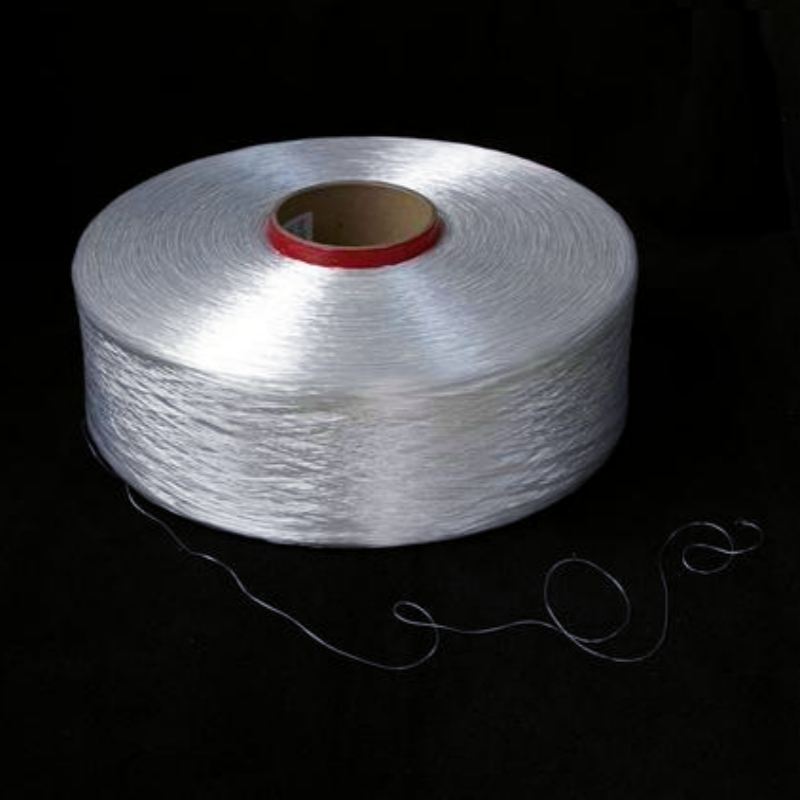
What Is Spandex?
Spandex is a man-made elastic fiber that can stretch up to 6–7 times its original length and snap back without losing shape. Thanks to its unique chain-like molecular structure, it combines flexibility with strength, allowing designers to create garments that are form-fitting, durable, and comfortable all at once.
There are two main types of spandex fibers:
- Polyester-based: Resistant to oil and oxidation
- Polyether-based: Better mold and detergent resistance
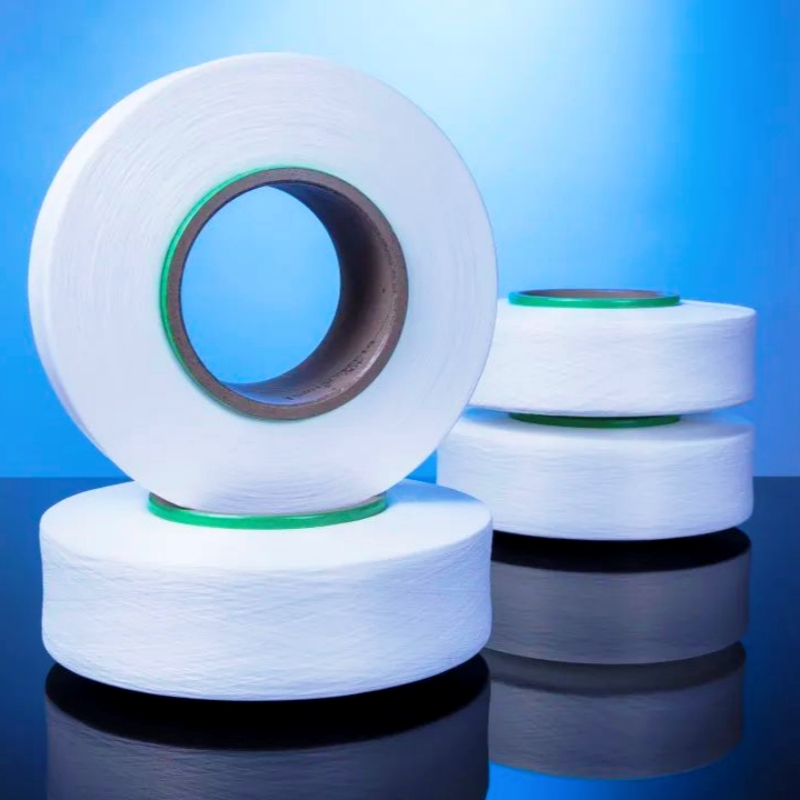
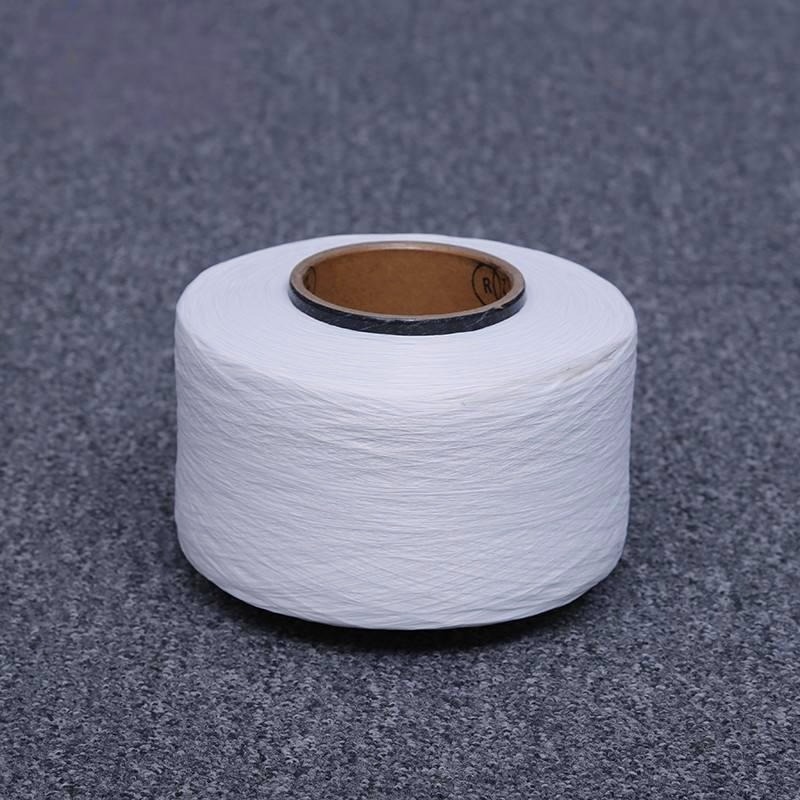
Why Spandex Matters: Core Benefits
✅ Superior Stretch & Recovery
Spandex provides unmatched elasticity—your leggings, swimwear, or athletic tops stretch with you and bounce back like new.
<br>
✅ Lightweight Yet Strong
Compared to latex threads, spandex is finer yet stronger, offering high performance without bulk.
<br>
✅ Chemical & Sweat Resistance
Resistant to body sweat, seawater, sunlight, and dry cleaning—perfect for both beach days and gym sessions.
<br>
✅ Comfort & Body Contour
Blends easily with other fibers like cotton or polyester to enhance softness and fit. This is why it’s a staple in women’s fashion.

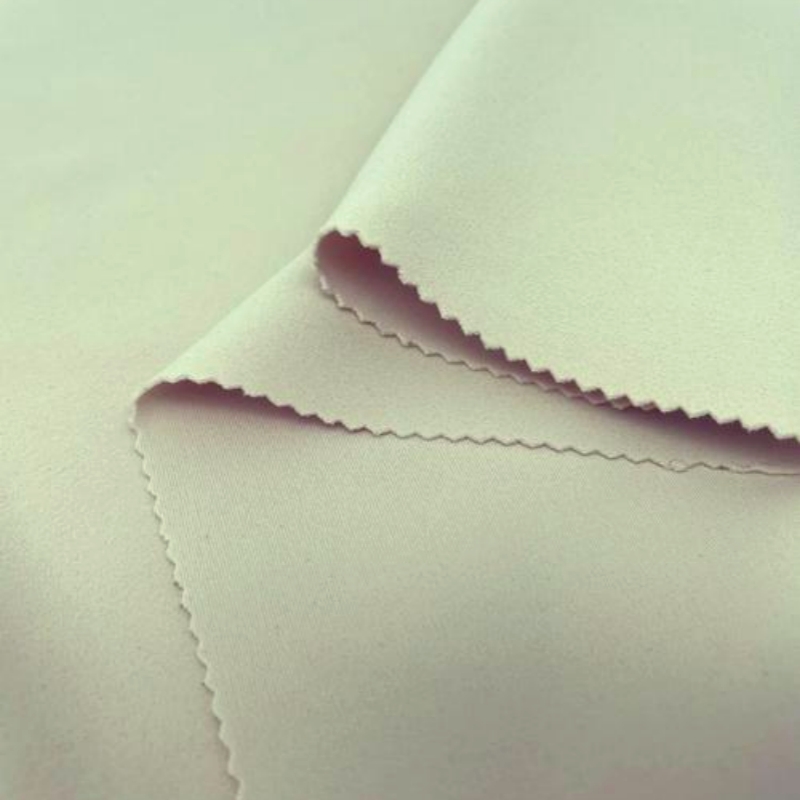
How Much Spandex Is Enough?
Depending on the end-use, spandex is typically blended with other fibers in 5% to 30% concentrations.
- Low percentage (5–10%): Casual wear like T-shirts and jeans
- High percentage (20%+): Swimwear, yoga pants, compression garments
Higher ratios mean better stretch—but also increased cost. Most mainstream brands find the sweet spot between flexibility and affordability at around 10–15%.
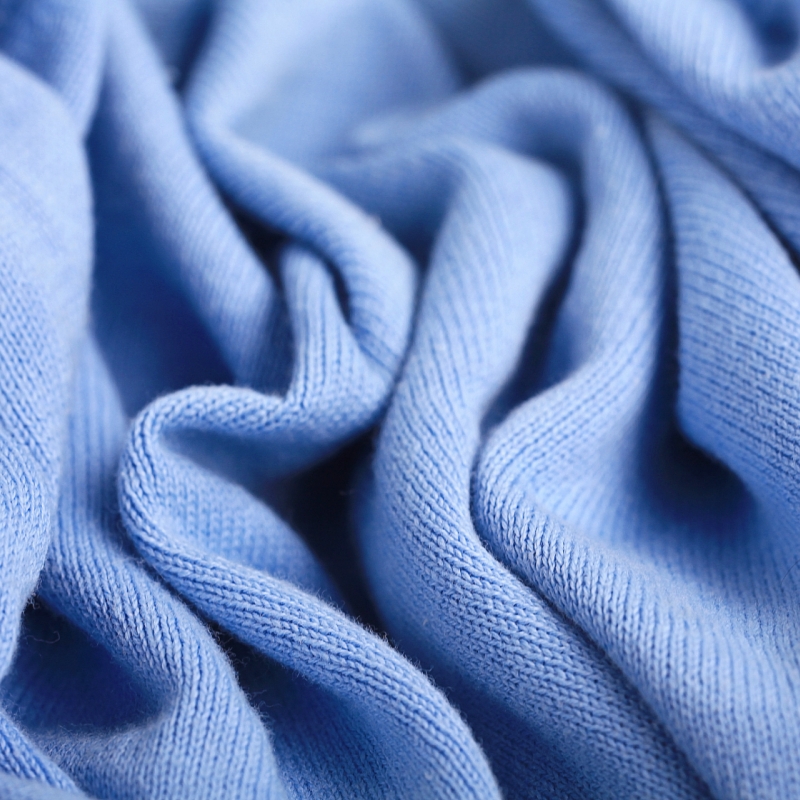
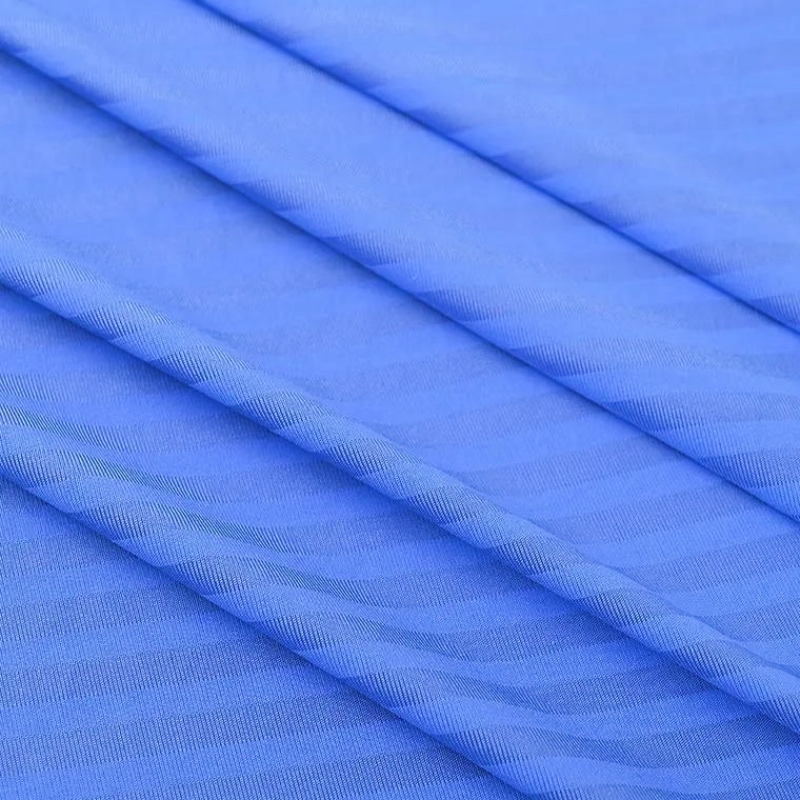
Where You’ll Find It: Key Applications
- Athleisure & Gymwear: Leggings, cycling shorts, sports bras
- Swimwear & Wetsuits: Holds shape underwater & resists chlorine
- Lingerie & Undergarments: Soft, close-to-skin comfort
- Costumes & Dancewear: Maximum stretch, minimal bulk
- Medical & Tactical: Surgical gowns, compression socks
- Everyday Fashion: Skinny jeans, jeggings, fitted dresses
In North America, spandex is used more frequently in women’s fashion, especially for body-hugging silhouettes. For men’s wear, it’s less common but often found in performance and outdoor apparel.
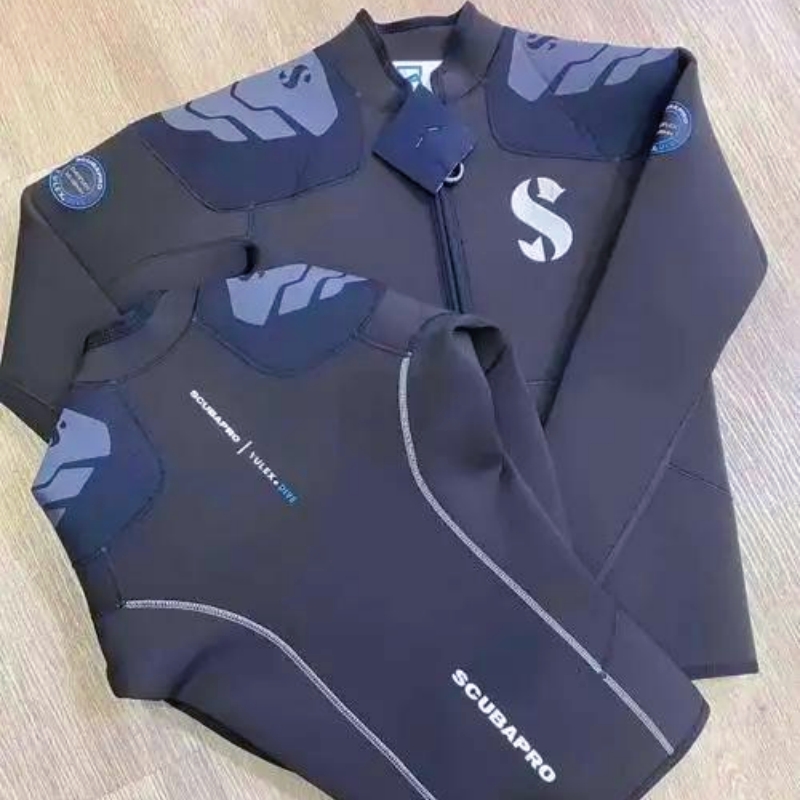
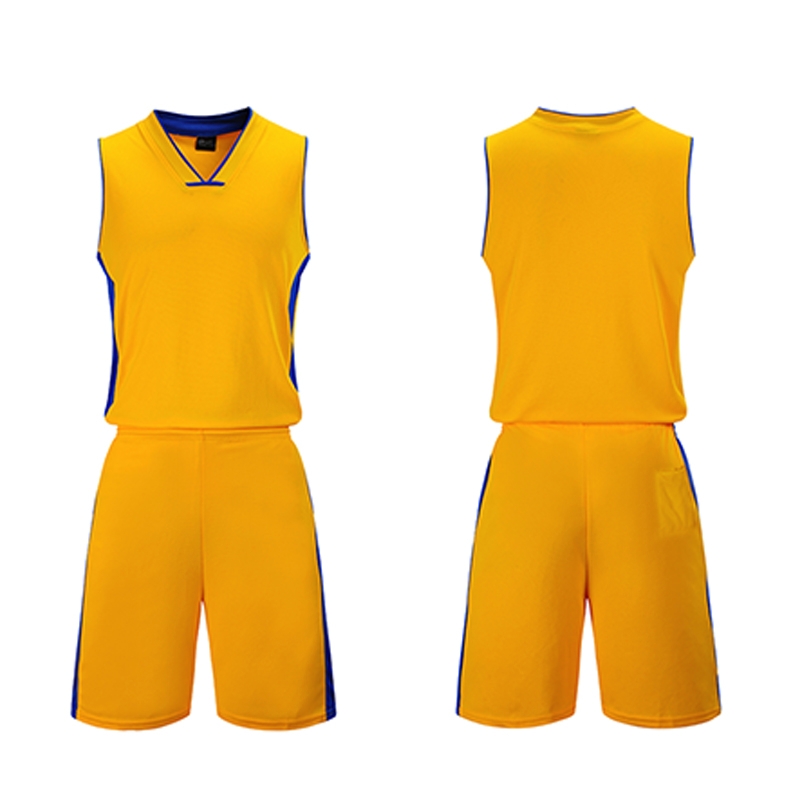
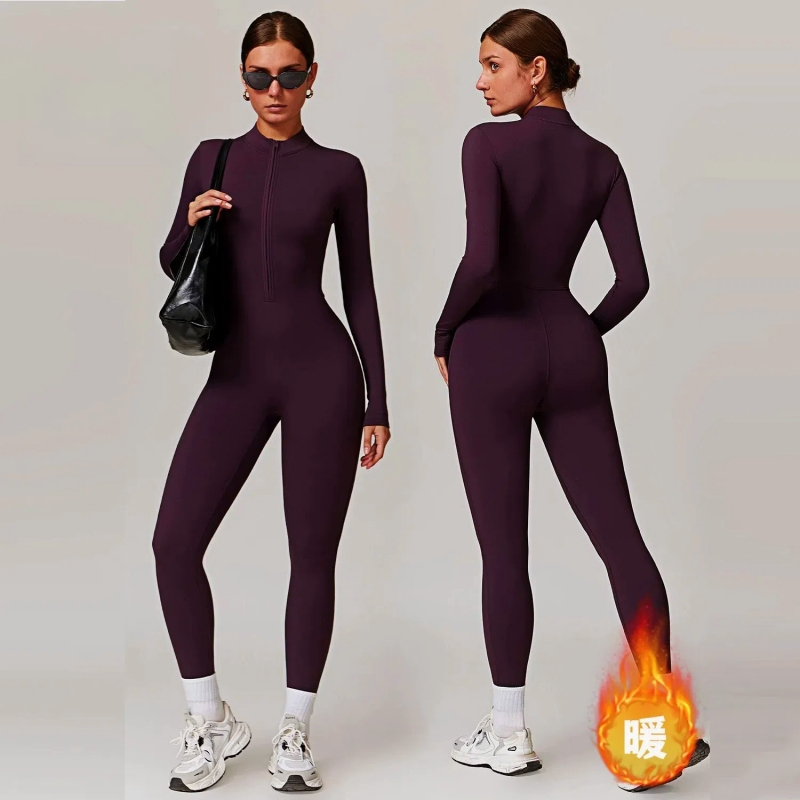
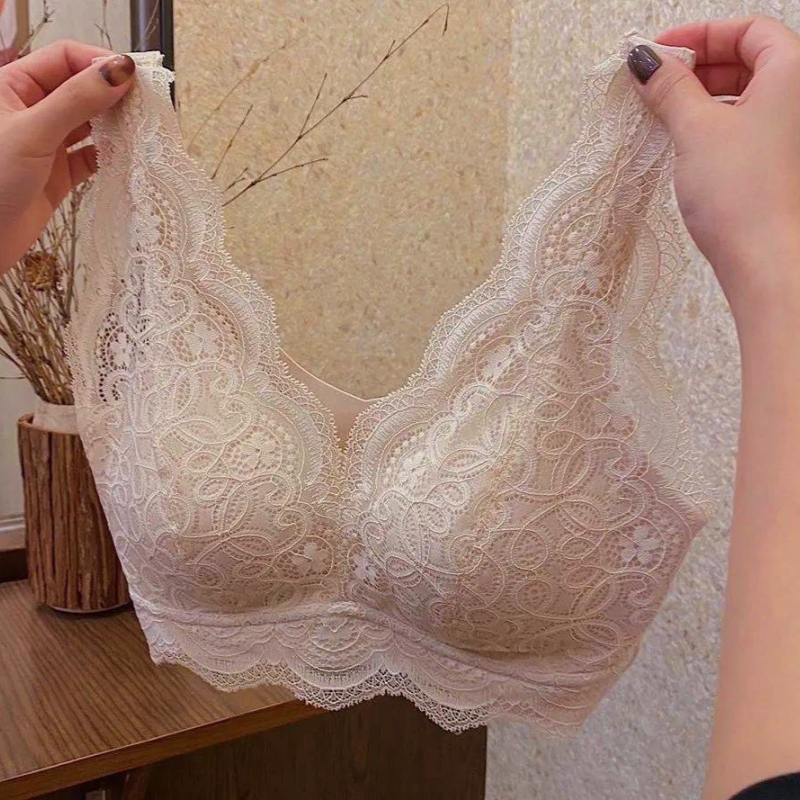
The text is original and the pictures are from the Internet. If there is any infringement, please contact us to delete it. Thank you!

